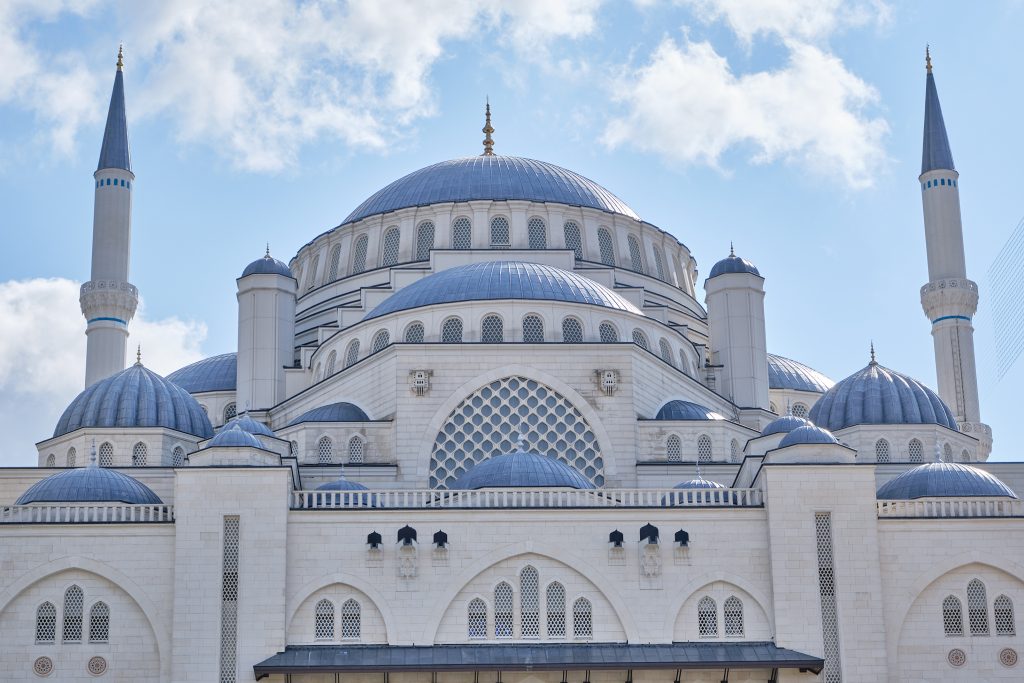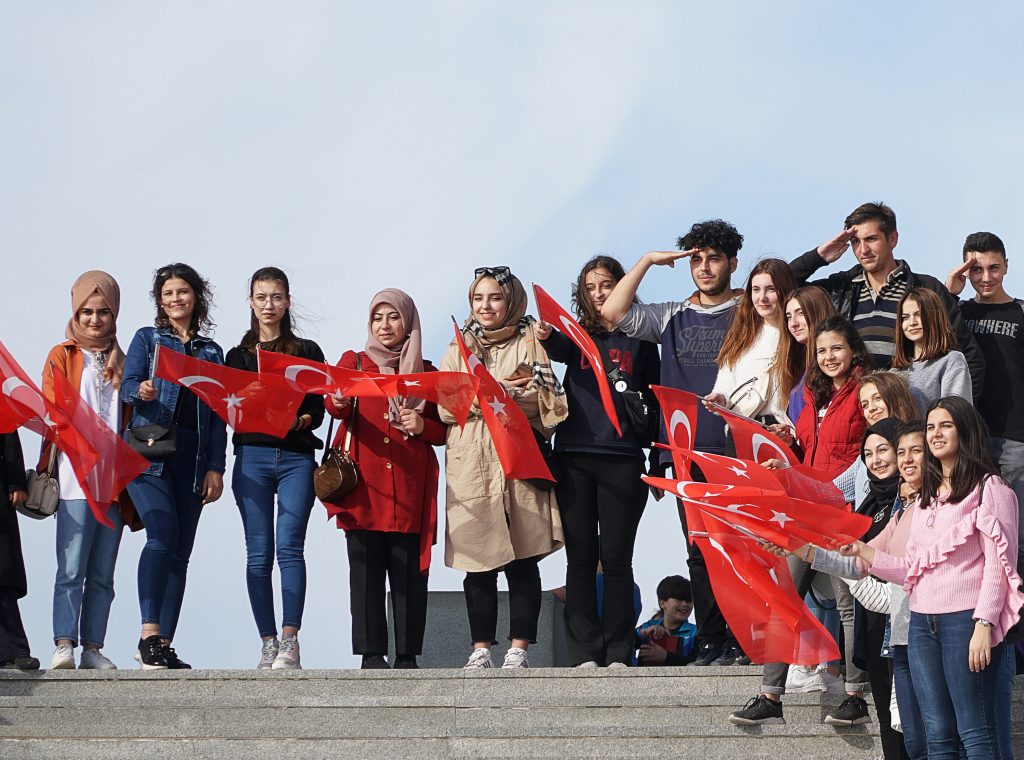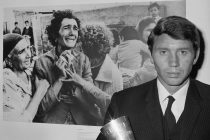A major survey into religiosity in Turkiye has found that 11% of young adults aged 18-24 “do not believe in God”. The figure rose to nearly two in five (18%) among those with a master’s degree or doctorate.
The number of non-believers in the next age group up, 25-34, dipped to 6% — closer to the national average of 5.7%.
About the new survey
The findings are from a report titled “Faith and Religiosity in Turkey in Numbers” (‘Sayılarla Türkiye’de İnanç ve Dindarlık’) that was published last month.
The research was led by Dr Zübeyir Nişancı from Marmara University, supported by Dr. Önder Küçükural from Ibn Haldun University, and Muhammed H. Alboğa from International Institute of Islamic Thought.
In total, 2,453 people in Turkiye were sent a comprehensive online survey about religion, which covered a wide array of topics, from how often they pray, to secularism and identity. The people quizzed were proportional to the country’s demographics, including the distribution of rural and urban populations in 12 regions.
The research was conducted between December 2021 and May 2022, and of those asked, 1,942 (79%) completed the survey either online or over the telephone.
The results, detailing the different dimensions of religious beliefs, people’s attitudes and behaviours according to gender, age groups, education levels, and geographical regions in Turkiye’s adult population, have been captured in a 125-page report.
The vast majority of Turks remain steadfast in the belief in God, with more than eight in ten respondents (85.7%) stating they have “no doubt about the existence of God.”
A little under ten % (8.6%) expressed some hesitancy in their beliefs: “Although I have some doubts, I feel that I believe in God.”
There was an even split between men and women on their beliefs in God, with 6% denying the existing of God, and 94% believing in God’s existence for each gender.
The region with the highest number of people denying the existence of God was the Aegean (11%), followed by Istanbul (10%), western Marmara (9%) and then the Mediterranean (7%).
Two regions in Turkiye recorded no deniers in the existence of God: northeast Anatolia and the eastern Black Sea regions.
Literacy levels also impacted attitudes on God. Those with no reading and writing ability all believed in God, with the number of deniers in God’s existence varying between 2% and 3% among those whose education levels ended with primary school or high school.
The most educated groups, university undergraduates (13%), university graduates (7%) and post-graduated (18%) all had the highest number of non-believers in God.
The most & least religious parts of Turkiye
Overall, the survey found the northeast Anatolia as the most religious part of Turkiye, with four in five (80%) stating they were religious or very religious.
On the flipside, the least religious regions were the Aegean (22%), western Marmara (20%), Mediterranean (18%), where people described themselves as not religious or not remotely religious.
Two in five people in Istanbul described themselves as not religious (16%) or sat on the fence, and said they were neither religious nor not religious (24%).

On ages and religiosity, the older the person was the more likely they would describe themselves as religious (80% of those aged 65 or over), while that fell significantly for the youngest age group (47% of those aged 18-24).
Two in five young people in Turkiye (19%), those aged between 18-24, state they are not religious at all.
Faith in practice: prayers & headscarves
There was a near even split on those who regularly pray (39%) and those who never or rarely do (41%). The same number of women pray (40%) as those who rarely or never do (40%), while for men, those who regularly pray was slightly less at 37% and whose who rarely or never pray was 42%.
On the question of headscarves, women were near identical in those who said they “always” or “often” wear a headscarf when going out (48%) versus those women who said they “rarely” or “never” wear one (47%).
On secular societies, three quarters (73%) of those polled believe that you can practice your faith easily in a secular country, versus 13% who disagreed.
Nearly a half of all respondents (47%) agreed with the statement “No article in the constitution should contradict the Qur’an,” while one in three people (33%) disagreed.
Identity
On the question of the Turkish state acquiring “a religious identity”, this was backed by 38% of respondents, while nearly half (47%) of those polled disagreed.
When asked about their identity, four in five Turks (80%) defined themselves as Muslims, and one in ten (9%) as Alevi. Two in five Turks said they identify as “humanists” (42%).
Over half of all Turks polled, 55%, define themselves as “nationalist.” A similar number (53%) defined themselves as “Ataturkists” while 52% said they were “secular”.
According to the survey, the number of atheists in Turkiye now stands at 4%, while those identifying as agonistics are 8%.
In terms of their political identity, a third are socialist (33%), with slightly more identifying as right-wing (36%), and 20% as feminists.
Main image, top, in Canakkale, Turkiye – 28 October, 2019: Turkish student group celebrating of Republic Day, with boys making soldier salute. Photo © undefined / iStock





